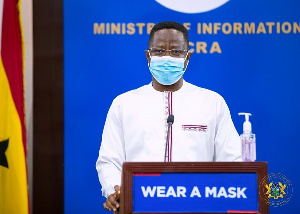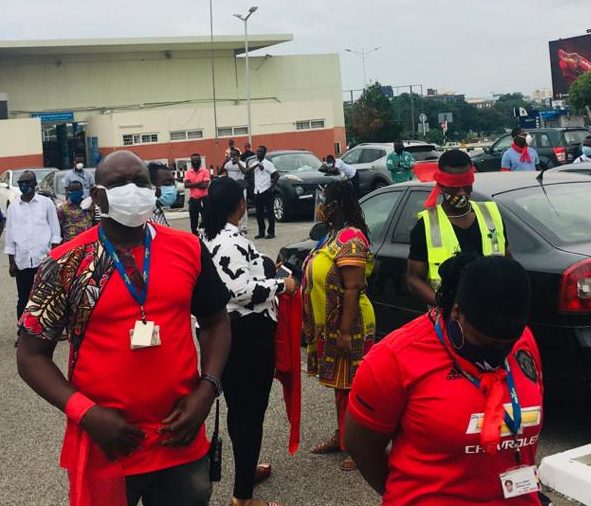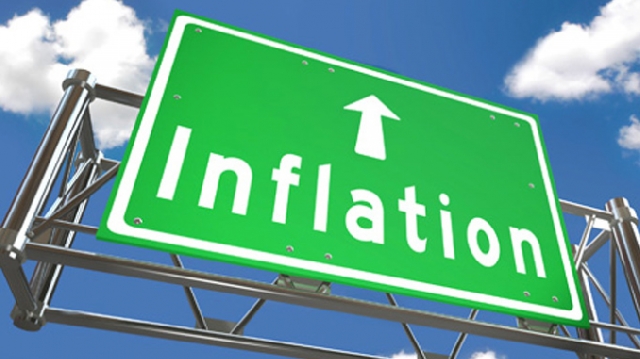Think tank blames energy sector debt on shoddy procurement

Energy think tank Institute for Energy Security (IES) has attributed the country’s energy sector debt largely to shoddy procurement processes, which often give way to non-transparency and political interventions.
In an analysis of the sector, the IES said the energy sector is trapped in debt because procurement processes are mostly not transparent.
The government has bemoaned the situation where it paid nearly US$1bn for unused power in the last two years due to excess electricity contracted on a take-or-pay basis from independent power producers (IPPs)
Take-or-pay power generation contracts are common in the energy industry and oblige the off-taker (government, in this case) to pay for power supplied by the producer irrespective of available demand.
The IES argued that the manner in which IPPs were engaged to shore up Ghana’s installed power capacity, particularly during the 2012-2016 power crises, has contributed to the power sector debts. As at January 2019, the net power sector debts totalled US$2.7bn, according to the Ministry of Finance.
“Also, the process by which Ghana’s Energy Ministry sought to contract a third party to take over the operation of the AMERI power plant in July 2018 is known to have nearly caused the country over US$1bn for needless work. The lack of due diligence characterising the re-negotiated agreement would have overburdened the Ghanaian with a high cost of electricity, had the take-over been allowed to pass,” said the IES.
The think tank said procurement must be seen as a strategic function, aimed at improving organisational profitability, minimising costs, and identifying better supply sources.
It added: “Transparency, objectivity, fairness, time and cost-effective decision-making are essential ingredients in procurement procedures, for a proper economic system in which prices are determined by unrestricted competition.”
During a procurement process, once the conditions of the competition are set, the one issuing the bid and the bidders are required by law to keep to the rules to deliver a fair and transparent ranking, the IES said, adding that any opportunistic behaviour may only seek to “game the system”.
“Because there would constantly be the need for investments in the power and petroleum sectors via varied projects, to ensure sustainable and cost-effective supply of these essential commodities, policy and decision-makers must make it a point to improve on current processes to derive value for money at all times,” it added.
The payments to IPPs over the last two years, which were financed with proceeds from loans, have compounded the country’s debt problems, coming on the back of an expensive financial system rescue that has so far cost the state close to GH¢18bn.
The government has consequently been holding talks with the IPPs to restructure the expensive power purchase contracts, hoping that a successful outcome would ease the debt burden in the energy sector.
Source: thebusiness24online.net





